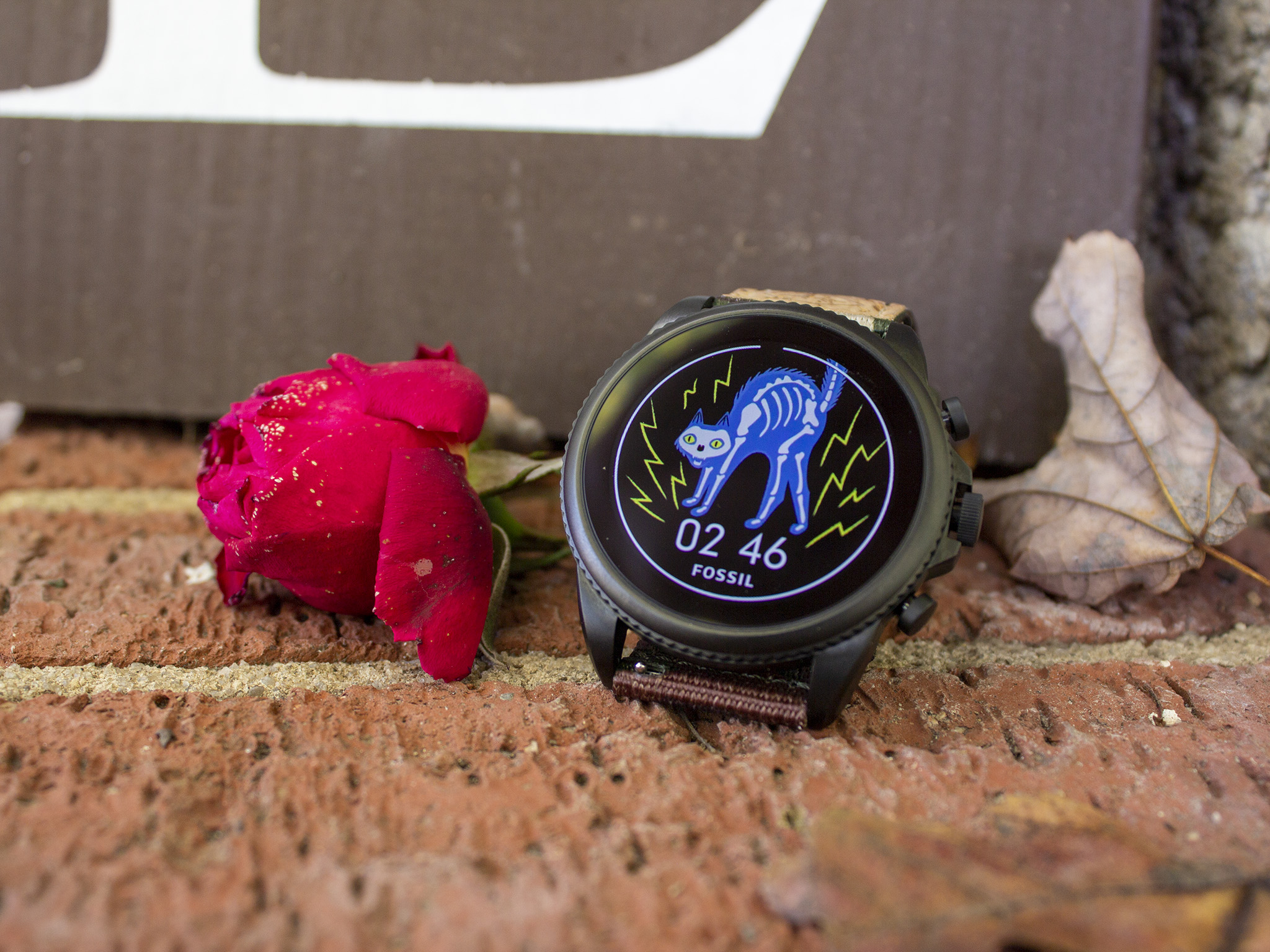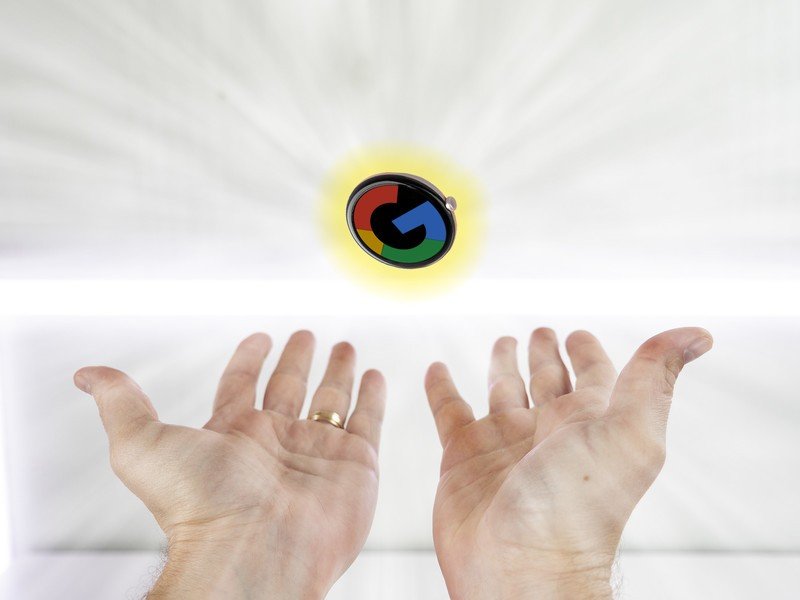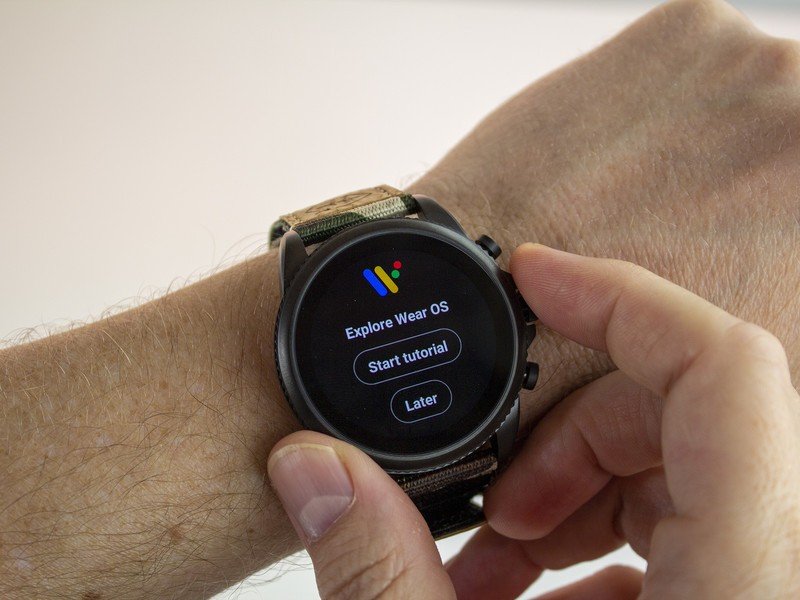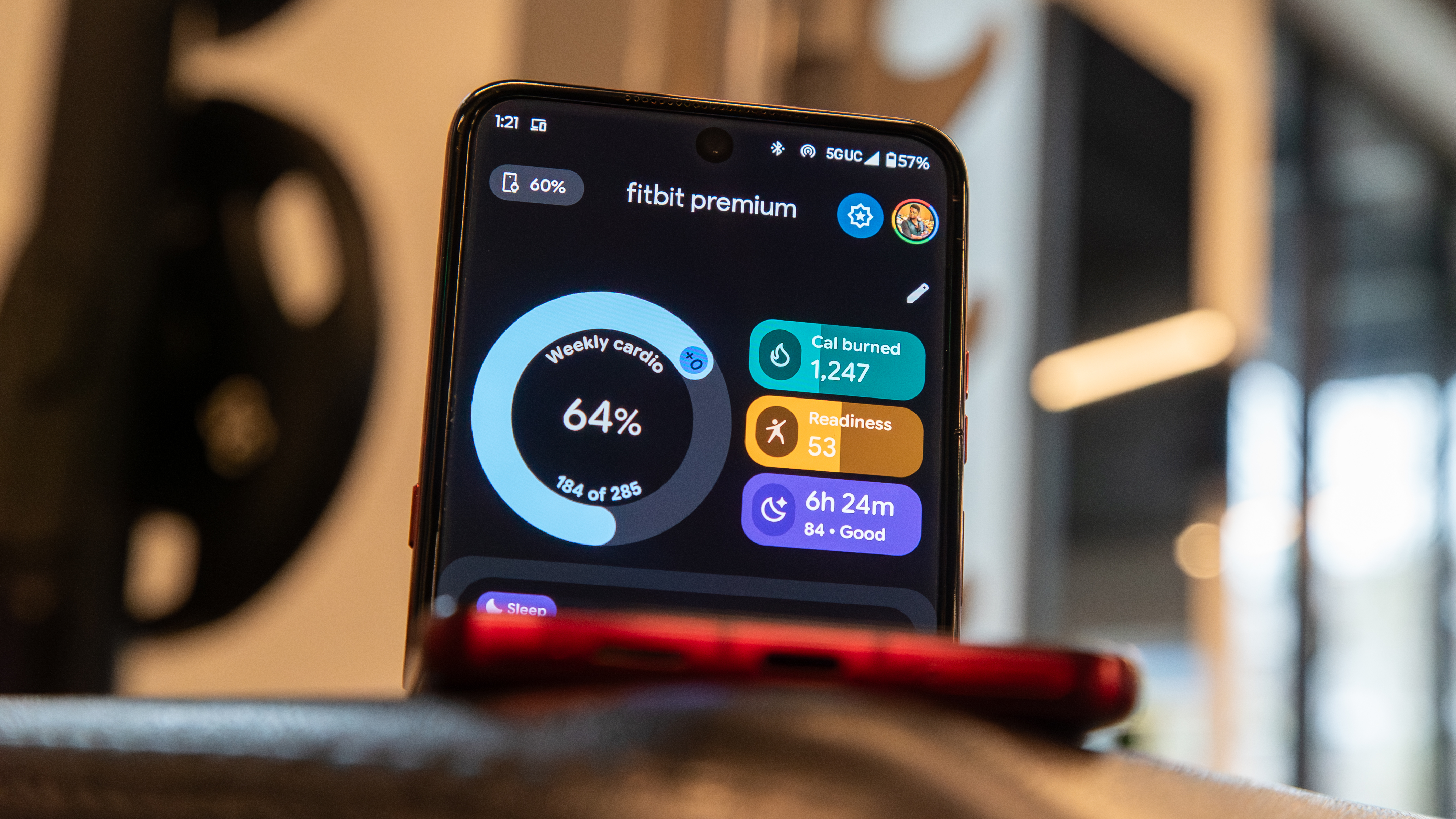Samsung and Google's Wear OS 3 secrecy has foiled its success this year

Despite the excitement back in early summer, 2021 will go down as yet another ho-hum year for Google's Wear OS platform. It didn't have to be this way, but Google seems to have some grand last-ditch effort planned that few know about — except for Samsung — and quite honestly, I've given up hope that Google will ever get things right at this point.
The unfortunate thing is that everything was lined up in Google's favor this year. The announcement and subsequent launch of the Galaxy Watch 4 reignited a flurry of interest in smartwatches on Android and has proven that Android users want a good smartwatch. It's just a shame that Samsung is still reserving some features only for people who use its smartphones.
The Apple Watch Series 7 is yet another boring, derivative update to Apple's already bland-looking square smartwatch and shows that, while Apple absolutely nailed the software and UX, the company is largely coasting on its success and monopoly within its own ecosystem.
But Google and Samsung seem to have made a rather alarming backroom deal that favors the Korean tech giant and has doomed the successes of Google's once-many hardware partners in the process.
Send us a savior

Wear OS 3, by most accounts, has been hailed as the savior of Android smartwatches. But the way Google has handled it, in partnership with Samsung, is proving to be a trainwreck in slow motion. Instead of debuting on the best Android smartwatches right away, Google partnered with Samsung on the Galaxy Watch 4 to give Samsung a roughly 6-month exclusive window to the latest OS update.
Wear OS's continuity across watch hardware used to be a strength. Ultimately, it's become the platform's greatest crux.
The reason for this is, almost assuredly, that Samsung has been the one carrying the torch for Android smartwatches. While that may be true on the sales front, there are plenty of non-Samsung users in the Android ecosystem. Wear OS 3 on Samsung's watches was a huge step in making them more usable on non-Samsung Android phones, but it's still an experience with limitations that shouldn't exist.
This is exactly why Google should have brought other players in from the get-go. As it stands, watches like the Fossil Gen 6 are unnecessarily hampered by a conspicuous lack of the latest OS — a bullet point on a spec list that looks awful by any metric.
Get the latest news from Android Central, your trusted companion in the world of Android
What was once a strength of the Wear OS platform has become its biggest crux. That being, all Wear OS-powered smartwatches ran the same OS, with the same features and, primarily, the same look. No manufacturer could customize the OS in any meaningful way, although Google did allow slight color scheme modifications after some years.
Because of that, it made little sense to release a Pixel Watch when the only differentiating factor would be the hardware, as Chris Wedel put it in a recent article calling for Google to release the Pixel Watch already.
So while the timing would have been perfect, it seems Google had a bit more up its sleeve when it made a deal with Samsung over Wear OS 3 and its co-development.
Google's backroom deal with Samsung kept its other hardware players in the dark.
As former editor-in-chief Daniel Bader mentioned on Android Central podcast episode 542, we were made aware that Google and Samsung worked secretly on Wear OS 3 up until the public announcement at Google I/O 2021.
This source informed us that non-Samsung vendors, such as Mobvoi and Fossil, were not made aware of the new update until that public announcement. We've since contacted Mobvoi and Fossil, but neither company was willing to comment on the information given to Android Central.
Google's big gamble on 2022

All this spells something big on the horizon for Google. The company just launched the Pixel 6 and Pixel 6 Pro, two phones with massive design changes from their predecessors and the first time Google used its own silicon in a phone.
Google is putting the pieces in motion for a massive smartwatch resurgence in early 2022.
Couple that with the announcement of Android 12L — a special flavor of Android specifically designed to enhance the tablet and foldable device experience — which is set to launch early next year along with "the next wave of foldables," as Google specifically put it.
Given that no Wear OS watch manufacturer has yet to confirm a specific launch date for Wear OS 3, it's highly likely that we won't see any of these watches ship a major update until early 2022. The magic six-month exclusivity window that Samsung seems to have netted itself also aligns nicely with the next big moves Google is making with Android and its following hardware, the Pixel Fold.
This takes us to a place I'm rather tired of hearing about but, unfortunately for my sanity, makes the most sense: a Pixel Watch will launch sometime early next year alongside (or near) the time that Wear OS 3 arrives on the rest of the watches from Mobvoi and Fossil.
But where does that leave Wear OS users right now? Floundering in the mud, of course, and it's sad to see Google treat its devoted users this way. Hoping for a New Years Resolution seems like a far-flung star that we've wished on for years, but, ultimately, it's all we've got right now.
While there's no real direct competition between Apple and Google in the watch segment — they are, of course, mutually exclusive to each OS — there's little doubt that Google has lost customers because of its wearables apprehension. So while 2021 could have been the breakthrough year for Wear OS 3 if Google played it right, 2022 seems like a decent second chance. And, hey, maybe Google will even have some juicy new Wear OS 3 FitBit tidbits to grace its users with.
Don't let us down, Google.

